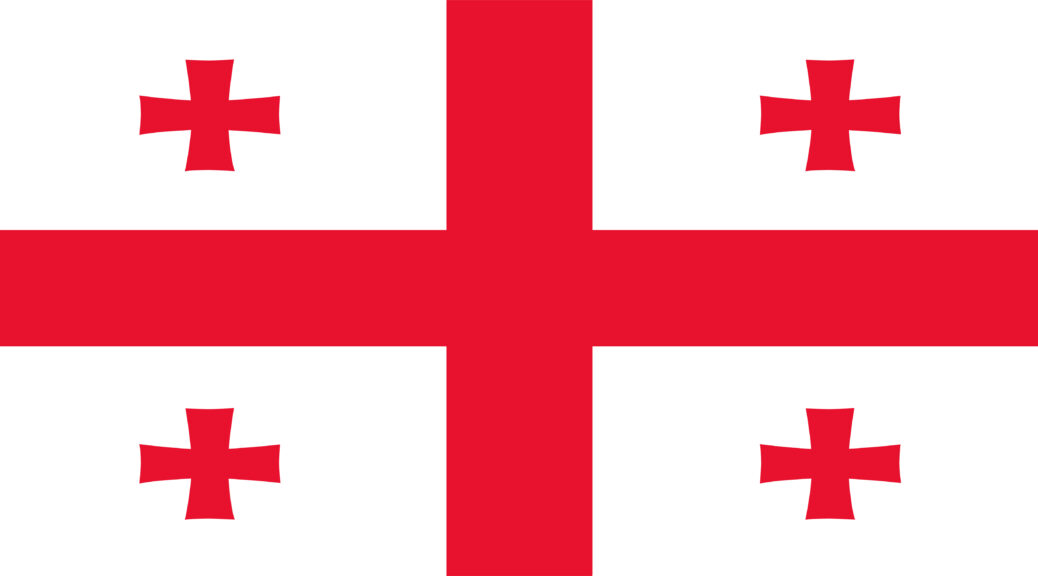
Overview of the Georgian Language and its Significance
Georgian is a Kartvelian language spoken by approximately 4 million people primarily in Georgia, with smaller communities in neighboring countries. It is known for its unique alphabet and complex grammar, and has a rich literary tradition dating back to the 5th century. Georgian is an important part of Georgian culture and identity.
1. Introduction:
Georgian is the official language of Georgia and is also spoken by smaller communities in neighboring countries. The language belongs to the Kartvelian language family, which also includes the Mingrelian and Laz languages. Georgian is known for its unique alphabet and complex grammar, including a system of noun classes and intricate verb conjugation patterns. It also features a rich literary tradition dating back to the 5th century, with works by prominent Georgian authors such as Shota Rustaveli and Ilia Chavchavadze.
2. History and Evolution of the Georgian Language
The Georgian language is a Kartvelian language spoken by around 4 million people in Georgia and its diaspora. Its origins and early development are complex and still debated by linguists, but it is believed to have evolved from an ancient language spoken in the region known as Colchis.The Georgian language has undergone extensive changes throughout thousands of years, and these changes have been largely influenced by nearby languages and cultures. With the invention of the Georgian alphabet by King Parnavaz in the fifth century AD, the earliest written records of the Georgian language may be found. Throughout its history, Georgian has been affected by Aramaic, Greek, Arabic, Persian, and Turkish, among others. Georgian has developed into three primary dialects: Kartli, Kakheti, and Imereti despite these influences, maintaining its uniqueness.
3.Georgian Alphabet and Writing System
Georgian is a distinctive, old language that has its own writing system. In contrast to many other languages, the script is written from left to right, and each letter is pronounced the same regardless of where it appears in a word. The Georgian script has a normal form as well as the Nuskhuri cursive variant, which was historically utilised for religious literature. The complex curves and loops that give each letter in Georgian calligraphy its particular appearance make it a widely revered art form. In general, the Georgian writing system is a crucial part of Georgian identity and culture.
4. Influence of Other Languages on Georgian
Throughout its history, the Georgian language has been impacted by a number of other tongues and cultures. One of the oldest effects came from the supposedly Georgian predecessor language, Colchis, which was once spoken in the area. Subsequently, the language was impacted by a variety of languages, including Aramaic, Greek, Arabic, Persian, and Turkish. The vocabulary, grammar, and pronunciation of Georgia may all be traced back to these influences. For instance, Georgian has many words from various languages that are related to religion, science, and the arts. Moreover, adjacent languages have influenced the grammar, resulting in the creation of complicated verb tenses and noun declensions. The Georgian language, one of the oldest living languages in the world, has managed to retain its own identity despite these influences.
5. Georgian dialects – unique features:
The distinctive characteristics of each Georgian dialect set them apart from one another. For instance, the pronunciation of the letters “k” and “g” differs in the Imereti dialect. The distinctive intonation and emphasis on particular syllables of the Kakheti dialect are well known. The standard Kartli dialect is frequently regarded as the most neutral and is frequently employed in formal contexts.
6. Challenges of Learning Georgian
Learning Georgian offers several benefits, such as enhanced cultural understanding, improved communication with Georgian speakers, and expanded career opportunities. However, it also poses some challenges. The unique alphabet, complex grammar, and limited availability of learning resources can make it difficult for learners. Additionally, the prevalence of Russian and English in Georgia can reduce the necessity for learning Georgian. Nevertheless, overcoming these challenges can lead to a rewarding experience and a deeper understanding of Georgian culture and society. It can also provide a competitive advantage in fields such as diplomacy, international business, and academia. Ultimately, the challenges and benefits of learning Georgian must be weighed carefully by prospective learners.